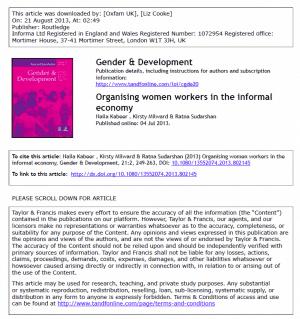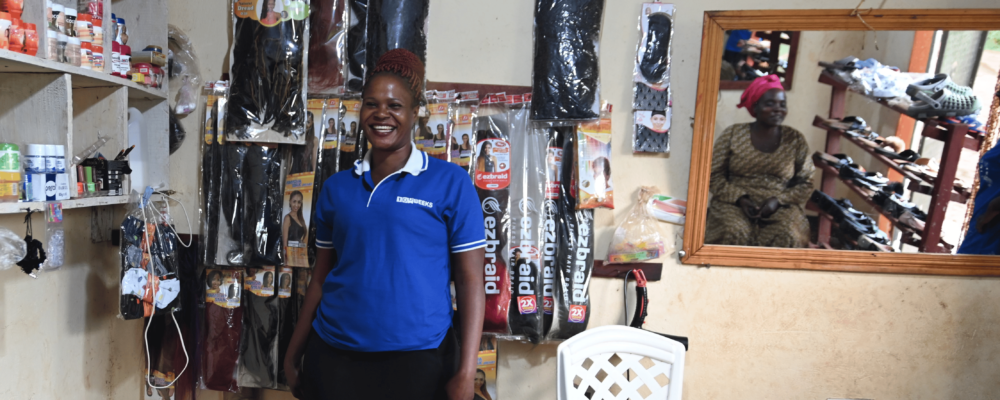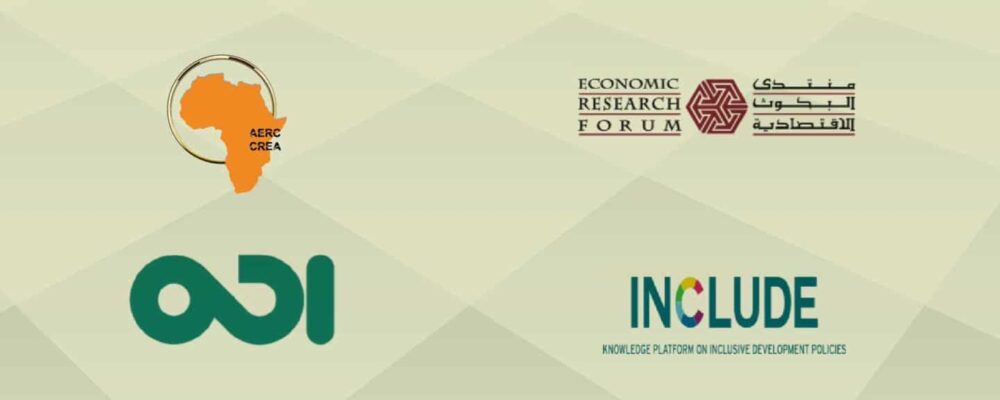
Policy highlights:
- Women are poorly represented within mainstream trade unions. Organizations that seek to build shared identities and collective interests among women workers have to address gender inequalities.
- Given the precariousness of informal livelihoods, organizations must provide practical support with immediate returns to ensure members’ loyalty. For women this should relate to childcare, water and domestic violence.
- Given that the rights of informal workers and women are often constituted by law, organizations should make members aware of their legal rights.
- To be successful in organizing women in the informal sector, it is critical to start with the local, with the issues on the ground. To be responsive to local contexts implies that the process of organization occurs at a slower pace than with more standardized forms of work and must be flexible.







